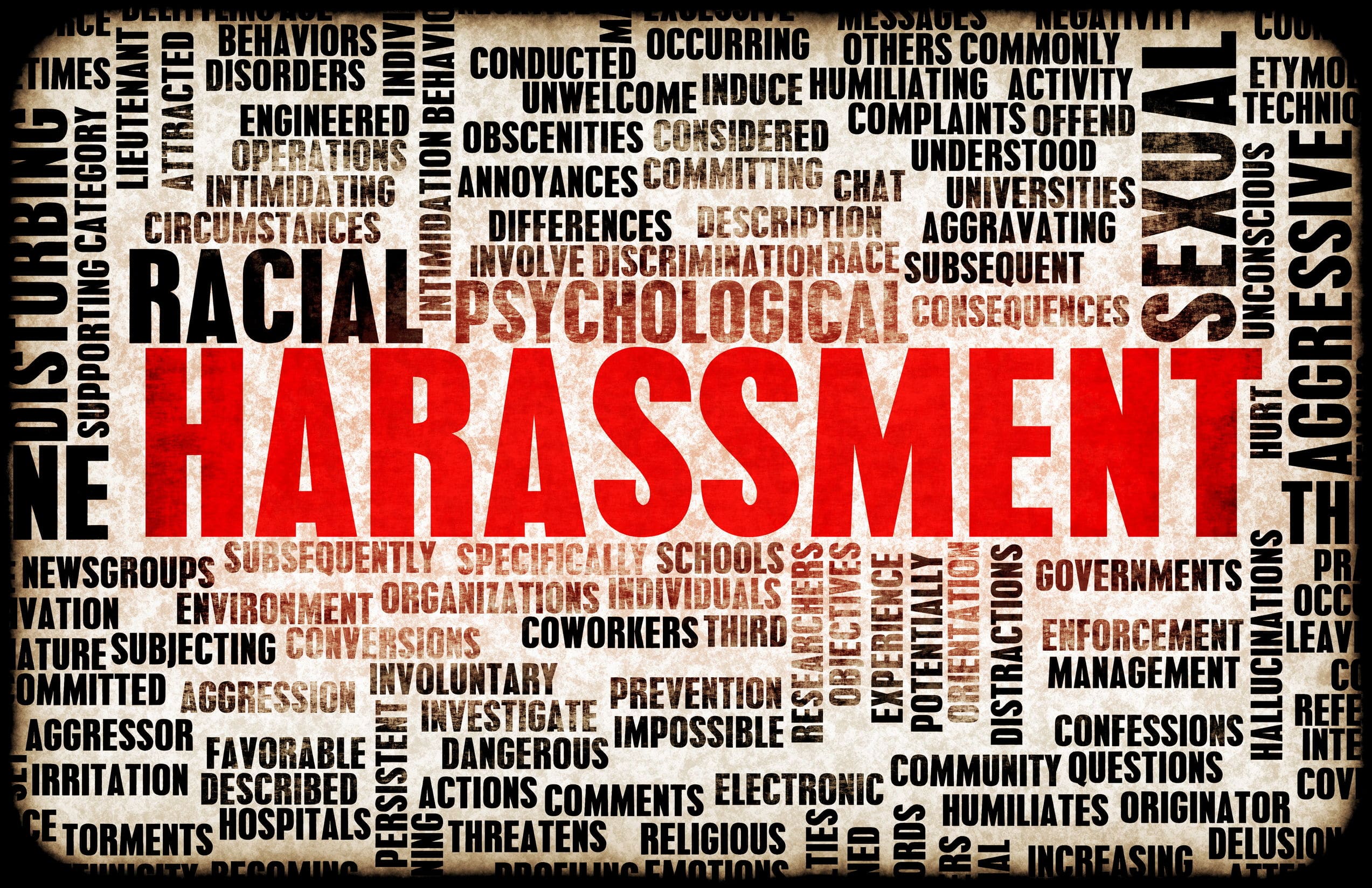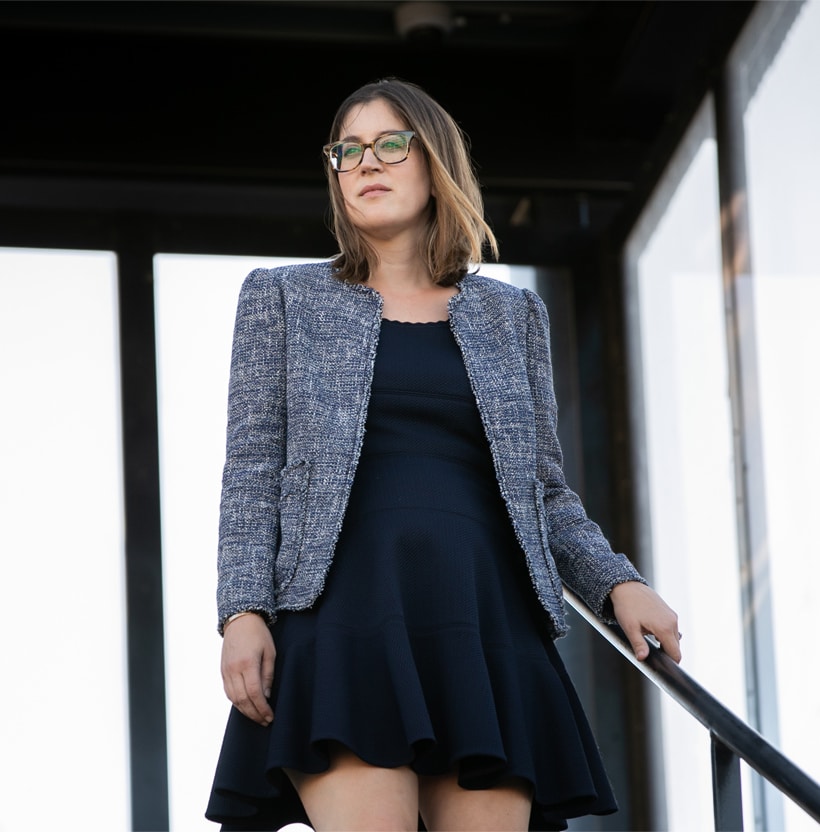The online world is no longer the Wild West that it used to be. Today, there are laws around what may and may not be done online. During a dramatic election year, this is more relevant than ever.
In Colorado, there are internet laws against harassment that apply to all electronic interactions. The difference between debate and harassing someone online is subtle but important.
Crossing the line from legal communication to illegal behaviors is part of what makes a person an internet troll. Understanding where this line is can help you navigate your online interactions without risking legal charges.
What Is an Internet Troll According to Colorado?
Political debate is a useful and important type of communication. However, many people see discussion threads where emotions are running high and decide to stir up trouble. These people are known as internet trolls.
They explicitly harass people online by insulting, threatening, or otherwise causing them distress. Some forms of trolling are relatively harmless – linking someone to a Rick Astley video, for example. Other types of trolling are more damaging and can lead to real-world harm.
For example, in heated discussions about serious topics, it’s easy for emotions to run high. This is the perfect environment for a troll to do real damage. That’s when people may start making threats or telling others to harm themselves or commit obscene acts.
Colorado has made that illegal under a subsection of harassment law known as Kiana Arellano’s law. This law was named in tribute to a girl who committed suicide after being harassed online.
Colorado Penalties for Online Trolling and Harassment
As a result of this law, online trolling is considered a type of harassment that can lead to real-world consequences. These consequences may be civil or criminal, but either way, they can stick with you for life.
The criminal penalties in Colorado occur if you have been convicted of harassment under Kiana Arellano’s law.
Kiana Arellano’s Law
Any act that directly or indirectly causes online communication between you and someone else that is intended to harass, threaten, or communicate unwanted obscene messages is considered harassment. This also covers text messages, phone calls, and other forms of electronic communication.
Misdemeanor Harassment Penalties
Committing an act of harassment like this is a misdemeanor. In most cases, the charge is a class 3 misdemeanor in Colorado, carrying penalties of up to six months in jail and a $750 fine.
However, if the harassment occurred because of the victim’s race, religion, gender, or any other protected status, then it is considered a class 1 misdemeanor, which can lead to 18 months in jail and a fine of $5000.
Additional Civil Penalties
Furthermore, even if you are not convicted of a criminal offense, a trolling victim can still file a civil lawsuit for defamation, invasion of privacy, or a number of other civil offenses. Civil lawsuits carry a lower burden of proof than criminal cases, so a victim has a better chance of successfully pressing their case.

There can be a fine line between debate and trolling, especially if you feel deeply about a subject. It’s easier than you’d think to cross the line in the heat of the moment.
If you have been accused of or charged with online harassment, you should reach out to a qualified Colorado attorney today. They will help you understand your options and navigate the legal system without risking further charges.
About the Author:
Kimberly Diego is a criminal defense attorney in Denver practicing at The Law Office of Kimberly Diego. She obtained her undergraduate degree from Georgetown University and her law degree at the University of Colorado. She was named one of Super Lawyers’ “Rising Stars of 2012 & 2019” and a “Top 100 Trial Lawyers in Colorado” for 2012-2020 by The National Trial Lawyers. Both honors are limited to a small percentage of practicing attorneys in each state. Additionally, Expertise names her to its lists of the 25 Best Denver DUI Lawyers and 21 Best Denver Criminal Defense Lawyers, both in 2020. Ms. Diego has also been recognized for her work in domestic violence cases.





